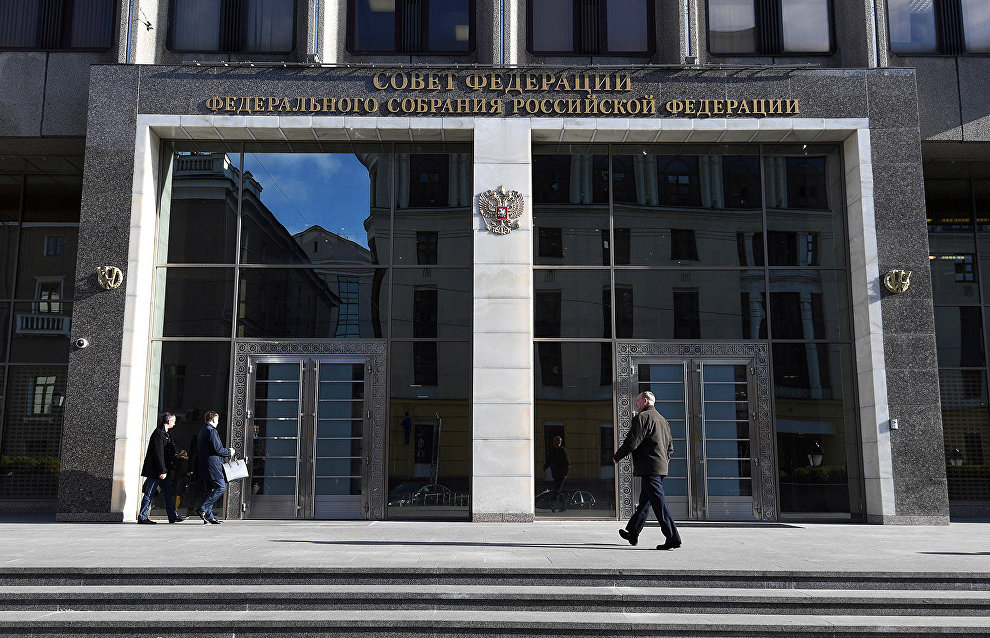Federation Council discusses specifics of the education system development in Arctic regions
A meeting of the Arctic and Antarctic Council at the Federation Council took place where specifics of the development of the education system in the Arctic regions were discussed. The meeting was chaired by Alexander Akimov, Chairman of the Arctic and Antarctic Council at the Federation Council, Deputy Chair of the Federation Council Committee on Federal Structure, Regional Policy, Local Government and Northern Affairs.
The senator noted that to date the issues related to the development of the Arctic and Far Eastern regions were becoming especially important.
"The proposed complex of measures will help increase the accessibility of high-quality education in the Arctic and respond more flexibly to the market demands in this macroregion," he said.
Alexander Akimov pointed out that it was necessary to consolidate the efforts of both federal and regional authorities in order to achieve these goals. "Such problems as the migration outflow from the Arctic regions, the obsolete material-technical base of education institutions, lack of an effective system to forecast the demand of experts with higher and secondary vocational education, and insufficient cooperation between education institutions and companies engaged in economic activities in the Arctic are still very acute," the senator explained.
According to Akimov, the Ministry for the Development of the Russian Far East and Arctic is drawing up basic documents that will envisage the development of the Arctic zone for the next 15 years in order to find a comprehensive solution to these problems, covering matters such as the basics of the state policy in the Arctic zone until 2035 and a strategy for the development of the Russian Arctic as well as the safeguarding of national security for the period to 2035.
"However, legislative acts lack norms and regulations envisaging specific conditions for the activities of education institutions in the Arctic zone, such as a nomad or boarding school. In 2019, the Education Ministry established a working group to develop proposals to amend laws on education regarding the specifics of implementation of education programs in nomad schools," Alexander Akimov said, adding that about 20,000 nomads with their families were annually moving around the Arctic tundra.
The senator also noted that advanced digital technologies opened up new opportunities to provide accessibility and a high standard of education, including supplementary education. All Russian schools must be connected to the high-speed internet by 2021 as part of the Education national project. "This will provide all the Arctic schools with the possibility of using online education on a wider scale and will allow teachers to improve their skills online, as well as solve the problem of staff shortages in remote districts," Akimov stressed.
Deputy Education Minister Andrei Nikolayev spoke about the specifics of the development of the education system in the Russian Arctic regions.
Deputy Minister for the Development of the Russian Far East and Arctic Alexander Krutikov spoke in favor of adding the definition of "nomad schools" and provisions on their financing to the law.
Senators, federal officials as well as officials from Arctic regions, scientists and experts also took part in the discussion.
Following the meeting, the participants agreed on recommendations to the Russian government, the Ministry of Education, the Ministry of Science and Higher Education, the Ministry for the Development of the Russian Far East and Arctic, authorities of the Arctic regions, and the Agency for the Development of Human Capital in the Far East and the Arctic. These recommendations are aimed at the further active development of the education system in the Arctic regions.
